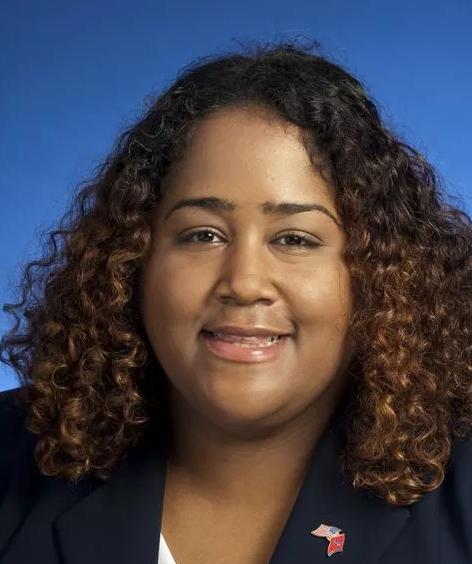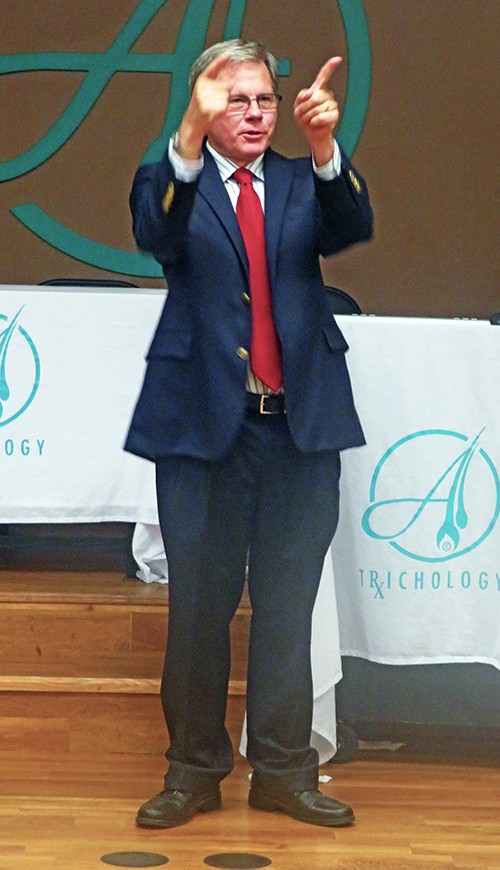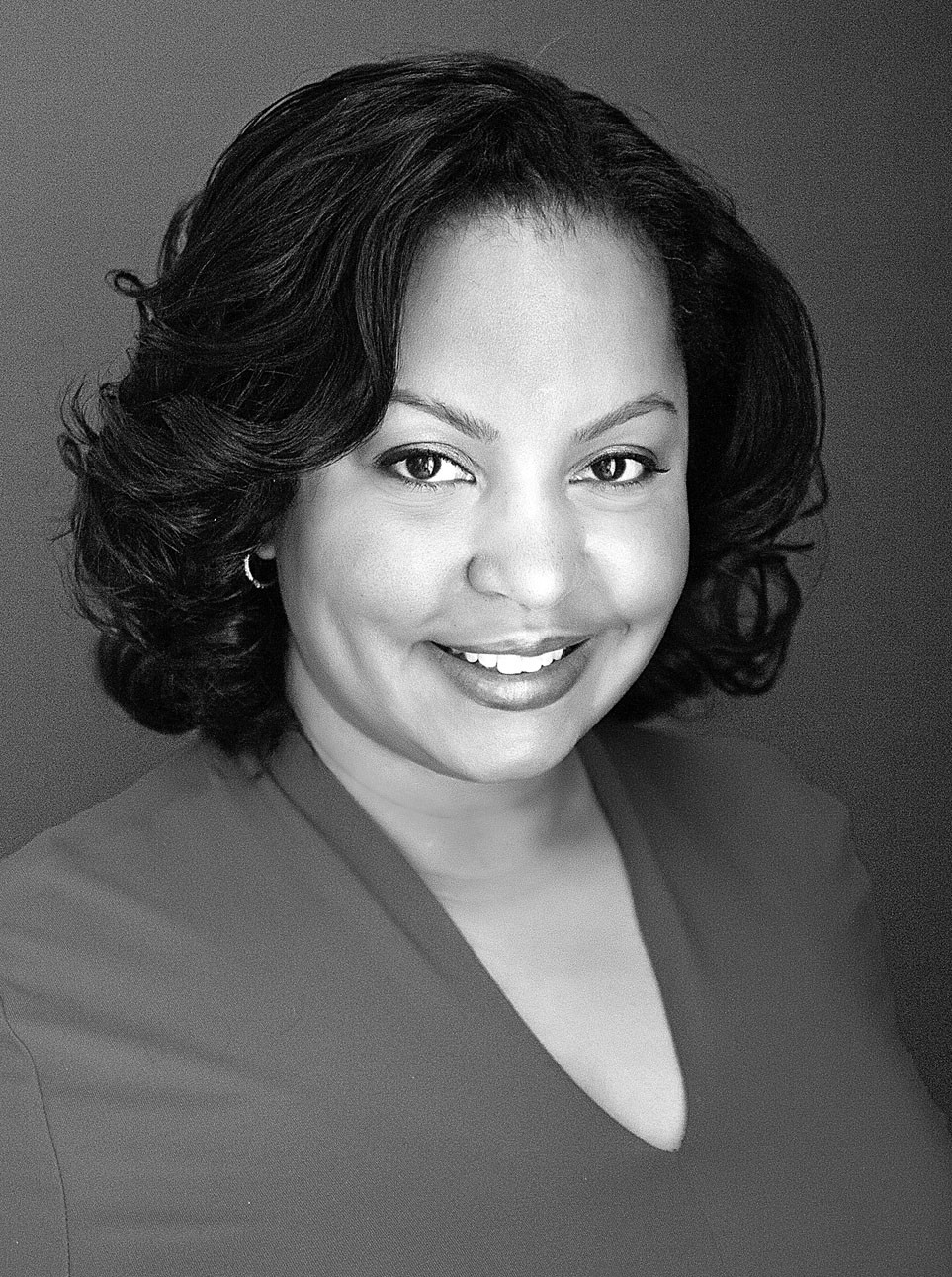Tennessee may be a certifiably red (i.e., Republican) state, and, indeed election results in recent years, even in Shelby County, which has a theoretical Democratic majority, have generally been disappointments to the once-dominant Democratic Party.
And the official Party itself has only been reconstituted in the county for a few months after various internal fissures and dissensions caused it to be decertified by the state party in mid-2016.
But none of that has stopped a veritable flood of would-be Democratic office-holders from declaring their candidacies for election year 2018 as the filing season gets going in earnest. Most unusually for a minority party, in fact, many of the races on the ballot this year are being contested by multiple Democratic entries.
That starts at the top of the ballot, as two name Democrats — former Nashville Mayor Karl Dean and current state House minority leader Craig Fitzhugh of Ripley — are vying for the office of governor. (Even more Republicans are running: six gubernatorial candidates in all, most of them with serious networks and campaign funding at their disposal.)
 Jackson Baker
Jackson Baker
Forrest fan Jenna Bernstein taking her leave
It seemed for a while that there might be a Democratic primary contest for U.S. Senator as well, until the well-backed entry of former two-term Governor Phil Bredesen convinced a promising newcomer, Nashville lawyer James Mackler, to withdraw in favor of Bredesen, whose second gubernatorial win in 2006 was his party’s most recent statewide hurrah. (At least two name Republicans — 7th District U.S. Rep. Marsha Blackburn and former 8th District congressman Stephen Fincher are vying for the GOP nomination.)
In any case, Democrats are also doubling up — and not just in the marquee races. There are competitive Democratic primary races at virtually every election level.
Take the case of state Senator Brian Kelsey‘s reelection bid in Senate District 31. The long-serving Germantown Republican sent out several S.O.S. emails to supporters this week informing them that he has a Democratic challenger and asking for campaign donations.
The opponent Kelsey had in mind was Democratic activist Gabriela “Gabby” Salinas, who did indeed announce her availability last week as a Democratic candidate in District 31. And she has a backstory that gives Kelsey reason for his concern. Salinas, who survived childhood cancer as a patient at St. Jude Children’s Research Hospital and went on to do research work herself at St. Jude, was also a survivor later on of an automobile accident that took the lives of family members.
Nor is Salinas the only Democrat seeking to unseat Kelsey. Another declared candidate for the seat is David Weatherspoon, one of several first-time office-seekers on the Democratic side.
On Monday, one of the Democratic Party’s recognized stars in Nashville, state Representative Raumesh Akbari, announced she would seek to fill the state Senate seat left vacant by Lee Harris, who is running for Shelby County mayor. And Akbari has a Democratic opponent in the primary, her House colleague, Joe Towns.
There are numerous other races on the ballot in which Democrats are competing with each other for the honor or capturing an open seat or one currently held by a Republican. One such case is the Shelby County Commission District 13 seat, a swing seat now occupied by Republican Steve Basar.
Both former Election Commissioner George Monger and political newcomer Charles Belenky are competing for that one. Monger, a former boy wonder who became a music manager at 15 and ran for the City Council at 18, declared his candidacy over the weekend, while Belenky turned up as a citizen critic of a purchasing contract at the commission’s regular public meeting.
And where a seat is traditionally considered Democratic, the infighting can be brisk indeed; two Democrats — Eric Dunn and Tami Sawyer — are vying for the Commission District 7 seat; four seek the seat in Commission District 8: David Vinciarelli, Daryl Lewis, J.B. Smiley Jr., and Mickell Lowery; while Commission District 9, vacated this year by the term-limited Justin Ford, is being sought by no fewer than five Democrats — Edmund Ford Jr., Ian Jeffries, Jonathan L. Smith, Jonathan M. Lewis, and Rosalyn R. Nichols.
• Monday’s first county commission meeting of the year was an abbreviated affair, starting at the late hour of 4 p.m. to accommodate attendees at the well-attended funeral at Idlewild Presbyterian church of the late public figure, Lewis Donelson.
On a day when the city was visited by groups of protesters partial to the now-removed statue of Confederate General Nathan Bedford Forrest, the commission was the site of one such protest — from one Jenna Bernstein of Tampa, who said she had come all the way from Florida to call for the expulsion from the commission of Van Turner, head of Memphis Greenspace Inc., which purchased two parks from the city prior to removing their Confederate monuments.
Bernstein’s mission received fairly short shrift, resulting only in a brief debate between Commission chair Heidi Shafer (nay) and Commissioner Walter Bailey (yea) as to the right of a non-resident to be heard. Shafer’s view prevailed.

 JB
JB  JB
JB 